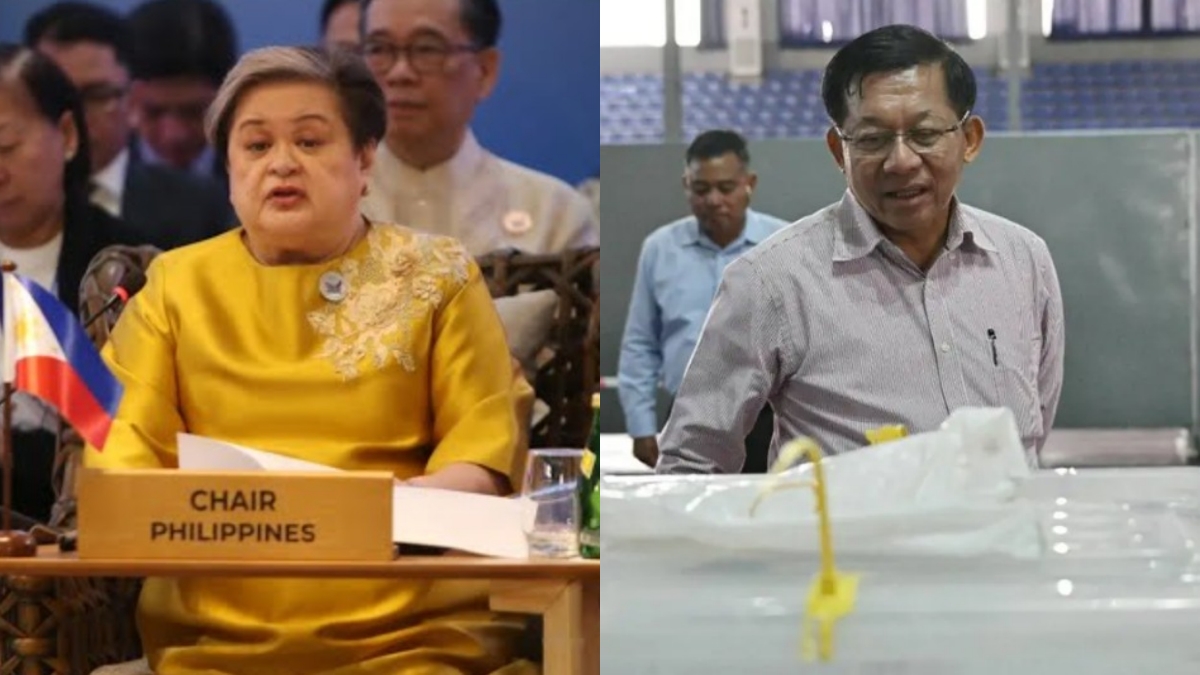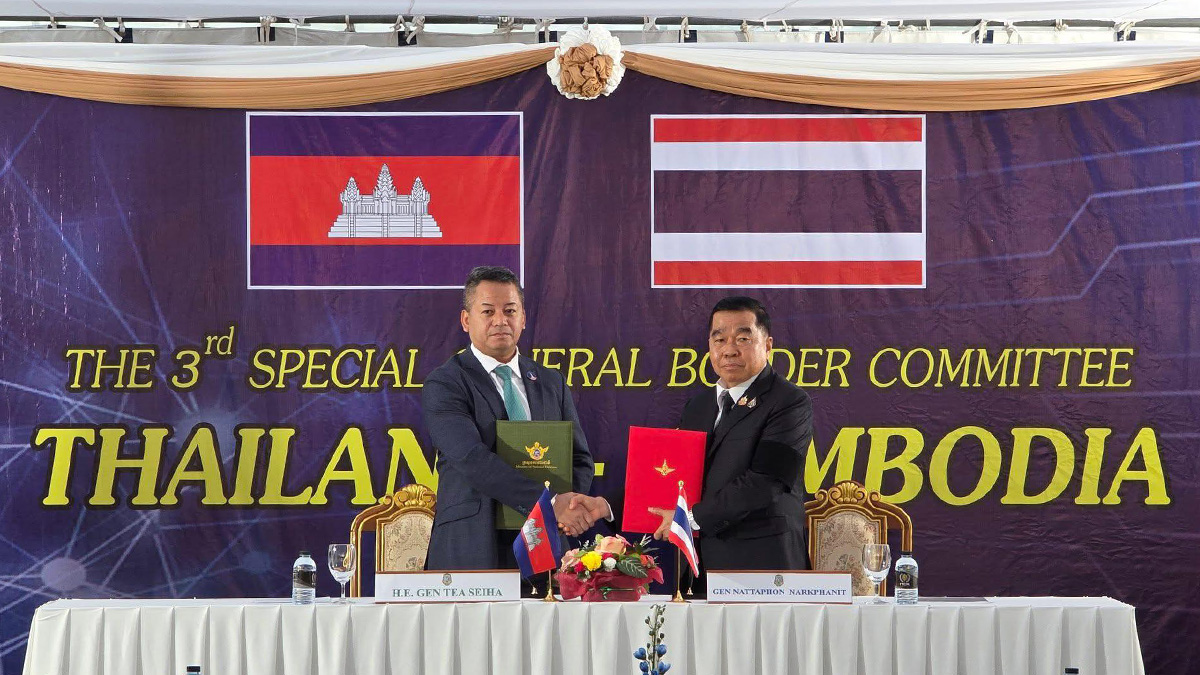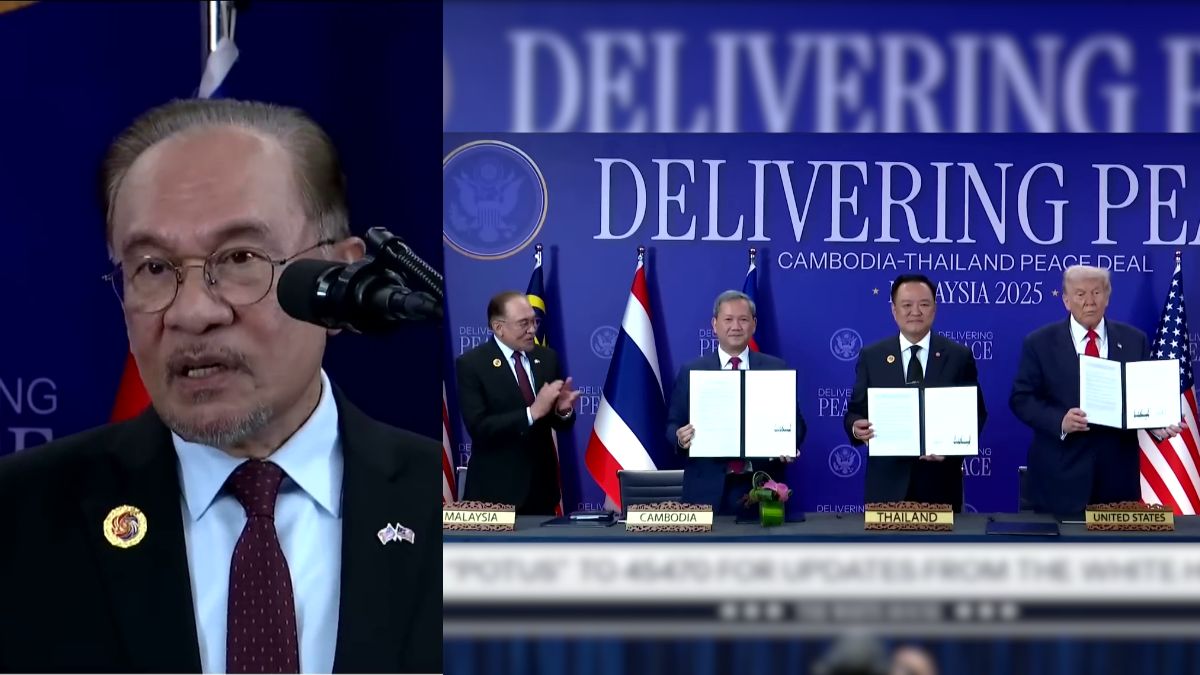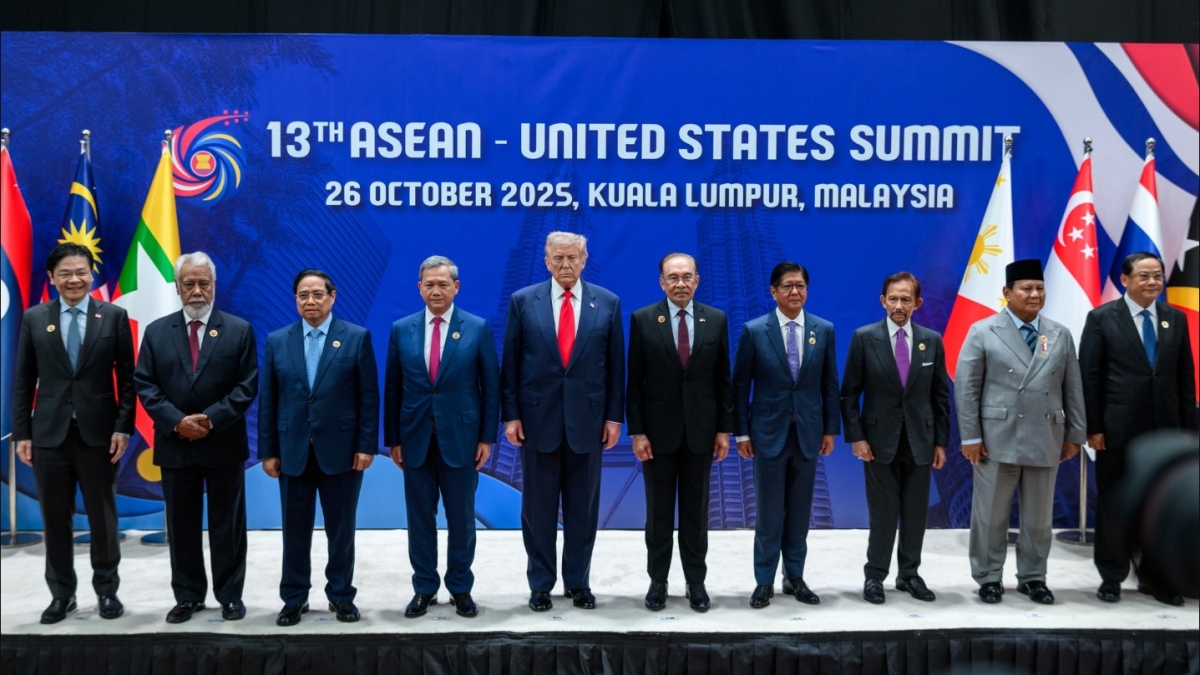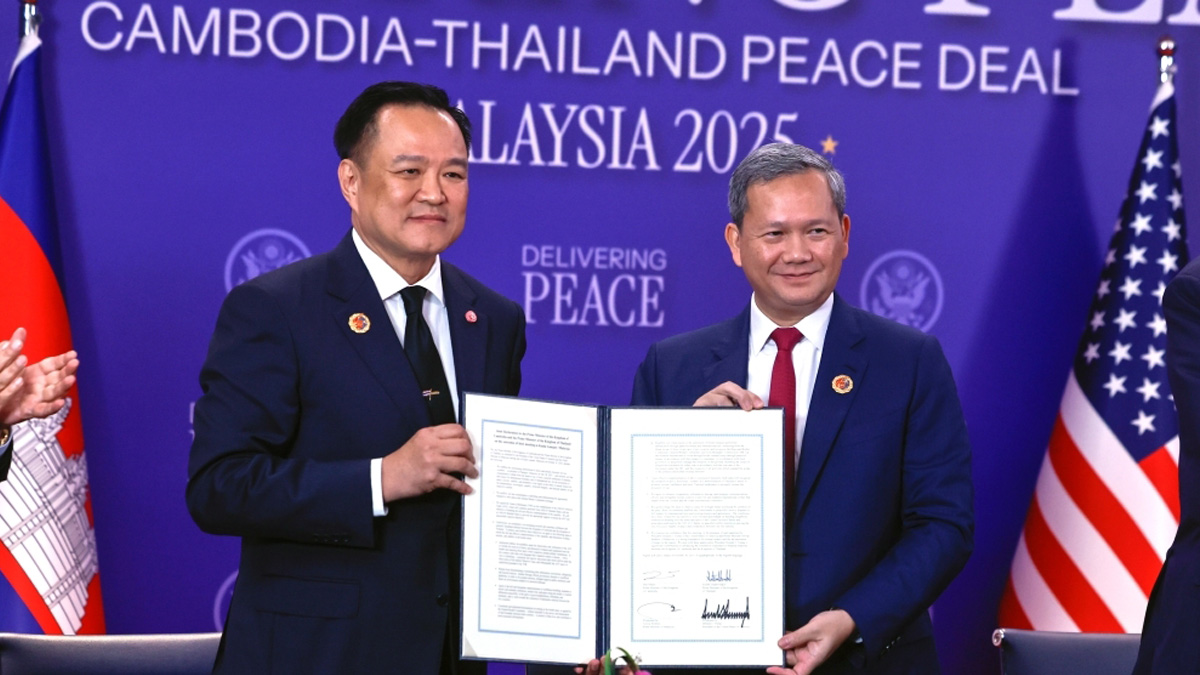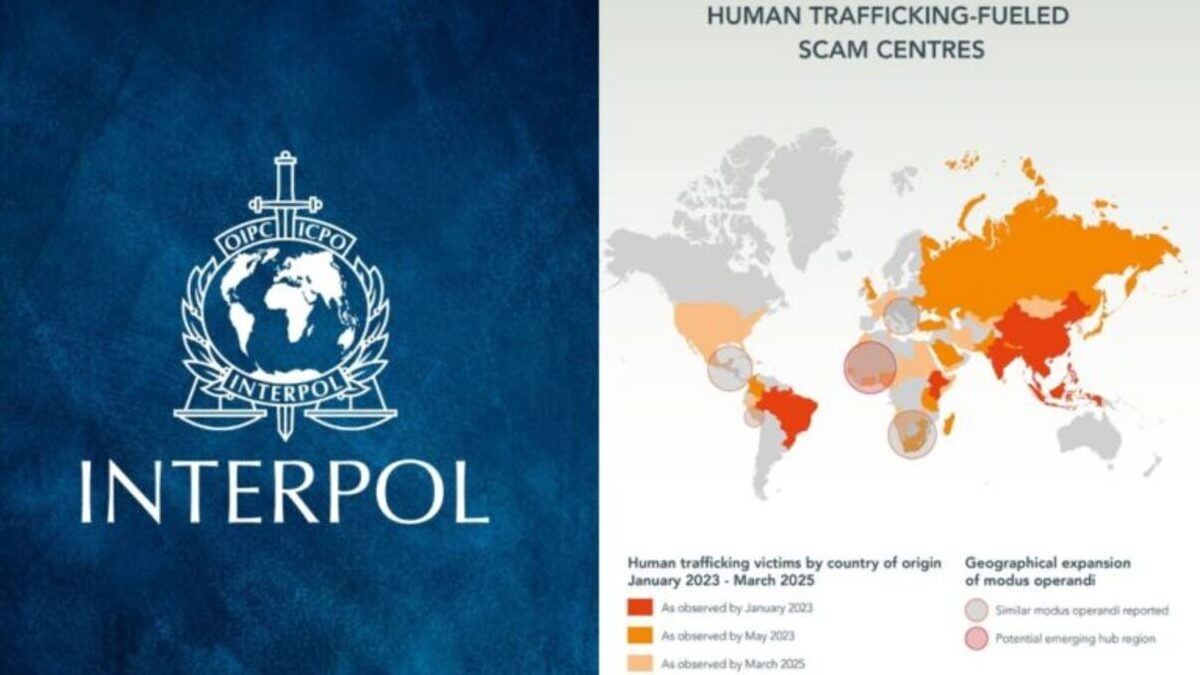ASEAN Summit in Kuala Lumpur opens with focus on US tariffs, Myanmar conflict, and regional trade
The 46th ASEAN Summit has opened in Kuala Lumpur with trade tensions, Myanmar’s conflict, and South China Sea disputes dominating discussions. Malaysian Prime Minister Anwar Ibrahim urged unity in the face of US tariffs, while leaders pledged to deepen intra-regional integration and strengthen partnerships with China and the Gulf.
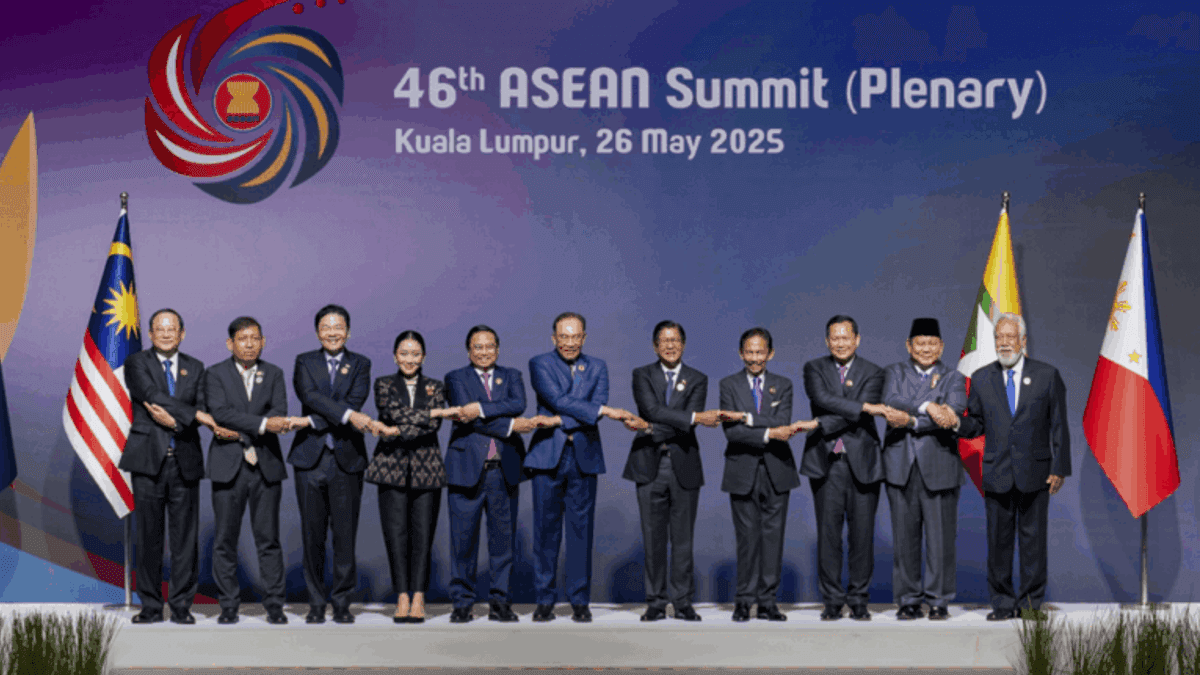
- The 46th ASEAN Summit opened in Kuala Lumpur on 26 May, chaired by Malaysia.
- US tariffs and global trade instability dominated early discussions, with leaders calling for deeper ASEAN integration.
- ASEAN concluded negotiations to upgrade trade agreements with China and within the bloc.
- The Myanmar conflict and South China Sea disputes remain major challenges.
The 46th Association of Southeast Asian Nations (ASEAN) Summit began on Monday (26 May) in Kuala Lumpur, Malaysia, against the backdrop of mounting trade disputes and regional instability.
Leaders from the 10-member bloc gathered to discuss US-imposed tariffs, the ongoing Myanmar conflict, and escalating tensions in the South China Sea. The summit is being presided over by Malaysian Prime Minister Anwar Ibrahim, with Malaysia holding the ASEAN chairmanship for 2025.
Opening with the customary ASEAN handshake, Anwar emphasised the importance of unity, warning that protectionism and geopolitical rivalries threaten Southeast Asia’s stability.
Anwar: protectionism is a resurgent threat
In his opening remarks, Anwar singled out the United States’ recent unilateral tariffs, ranging between 10% and 49%, which have hit ASEAN economies hard.
“The global trading system is under further strain with the recent imposition of US unilateral tariffs,” he said, adding that protectionism was “a resurgent threat” that undermined multilateralism.
Anwar revealed that he had written to US President Donald Trump, proposing a dedicated ASEAN-US summit to address the issue directly.
ASEAN hit hardest by tariffs
The tariffs have particularly affected Cambodia, the Philippines, Vietnam, and Thailand, according to regional officials. While President Trump recently paused the measures for 90 days, uncertainty looms over long-term trade stability.
Malaysian Foreign Minister Mohamad Hasan noted that ASEAN members remain “most heavily affected” and must act collectively. “We must respond not as fragmented economies, but as an integrated community,” he said, urging deeper economic resilience.
Citing ASEANstats data, Hasan highlighted that only 21% of ASEAN’s 2024 trade was intra-regional—far below the European Union’s 60%—leaving the bloc vulnerable to external shocks.
Towards deeper integration
To counter these vulnerabilities, ASEAN announced the conclusion of negotiations to upgrade both the ASEAN Trade in Goods Agreement (ATIGA) and the China-ASEAN Free Trade Area (CAFTA).
Malaysia’s Investment, Trade and Industry Minister Tengku Zafrul Aziz confirmed that enhanced agreements are expected to be signed in October. He called them “critical milestones” for safeguarding ASEAN competitiveness amid global uncertainty.
“We must adopt bolder, more agile and forward-looking strategies,” Tengku Zafrul said, urging members to support one another in bilateral tariff talks with the US while maintaining a united front.
ASEAN is also preparing for a second summit with the Gulf Cooperation Council (GCC) and a first-ever trilateral summit involving ASEAN, China, and the GCC, underscoring the bloc’s pivot towards non-Western partnerships.
Myanmar conflict a recurring challenge
While trade took centre stage, Myanmar’s ongoing conflict remains an unresolved concern.
According to a draft chairman’s statement cited by Nikkei Asia, ASEAN leaders will express “deep concern” over instability in Myanmar and reaffirm their commitment to the ASEAN Five-Point Consensus.
Adopted in 2021, the consensus called for an immediate cessation of violence, dialogue, humanitarian access, and the appointment of a special envoy. However, progress has been limited, with violence escalating in multiple regions.
Malaysia’s chairmanship is under pressure from civil society groups to push for stronger regional action, amid criticism that ASEAN has failed to respond effectively to the junta’s continued abuses.
South China Sea tensions also on agenda
Although less publicly discussed, maritime disputes in the South China Sea are expected to feature in closed-door sessions. Several ASEAN members, including the Philippines and Vietnam, have clashed with China over territorial claims, while Malaysia seeks to balance economic cooperation with security concerns.
Analysts say the summit may not yield breakthroughs on the issue, but it reflects ASEAN’s ongoing struggle to find common ground in the face of Beijing’s assertiveness.
A vision for ASEAN 2045
The summit’s theme, “Inclusivity and Sustainability,” signals a forward-looking approach. One key highlight will be the signing of the Kuala Lumpur Declaration on ASEAN 2045: Our Shared Future.
The declaration is expected to outline a roadmap for long-term integration, sustainability, and strategic autonomy, as ASEAN seeks to establish itself as a more cohesive and independent actor in global affairs.
Alongside the main sessions, the summit features engagements with youth representatives, parliamentary bodies, and business councils, intended to broaden ASEAN’s policymaking base.
Singapore’s participation
Singapore is represented at the summit by Prime Minister Lawrence Wong, who is accompanied by Foreign Affairs Minister Vivian Balakrishnan and his wife, Ms Loo Tze Lui.
During Wong’s absence, Deputy Prime Minister Gan Kim Yong has been serving as Acting Prime Minister from 25 to 26 May, with Minister for Home Affairs K Shanmugam set to assume the role on 27 May.
Singapore’s Prime Minister’s Office described the agenda as reflecting ASEAN’s priorities in building “a resilient community amid geopolitical flux.”
Outlook
The Kuala Lumpur summit has brought renewed focus to ASEAN’s vulnerabilities and opportunities. Leaders face a difficult balancing act: safeguarding economic interests against US protectionism, while addressing the bloc’s credibility on Myanmar and navigating growing maritime tensions.
As Anwar Ibrahim concluded: “ASEAN has the fortitude and staying power to withstand the storms of uncertainty.”
Whether that resilience translates into unified action will be tested in the coming months.


